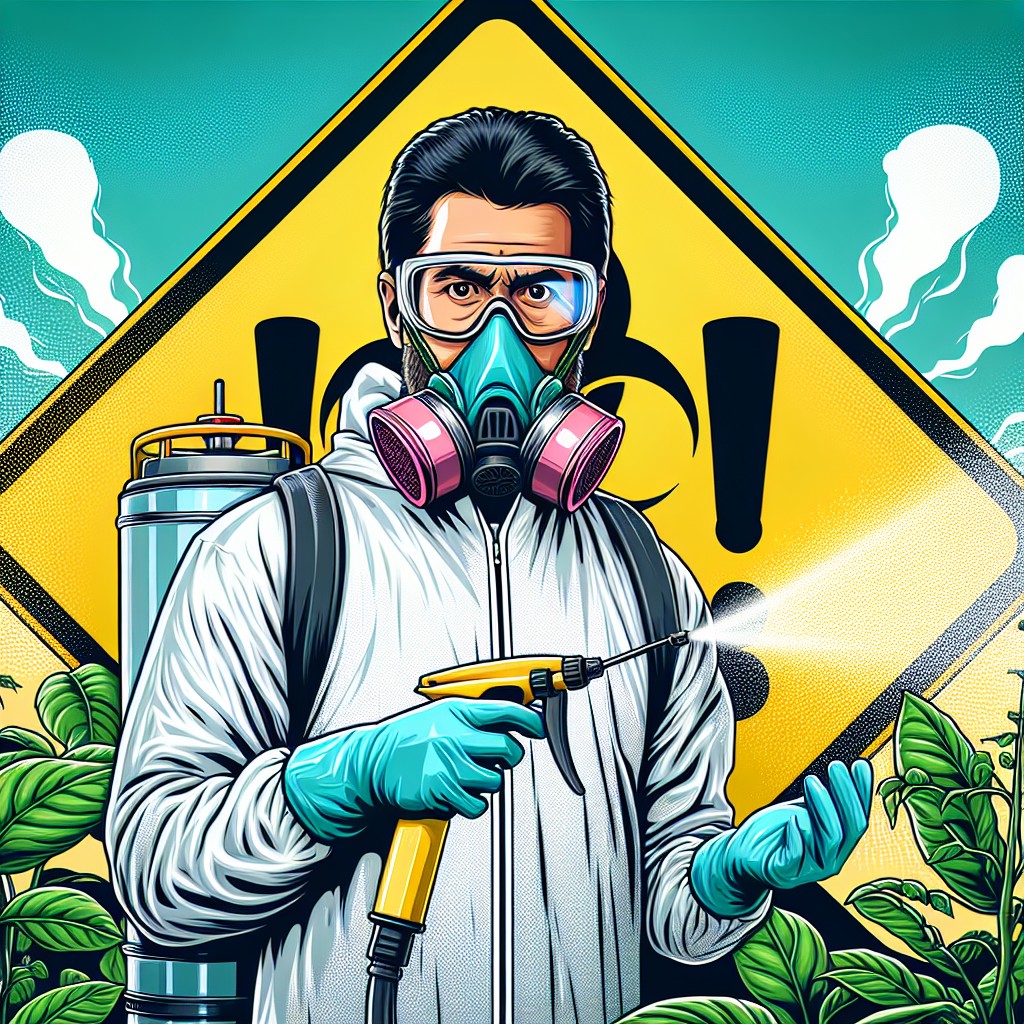Roundup, a popular weed killer manufactured by Monsanto, has recently been the subject of controversy due to concerns about its potential health risks. This article aims to provide a comprehensive overview of the Roundup exposure risk alert and what you need to know to protect yourself and your loved ones.
Roundup contains a chemical called glyphosate, which is a broad-spectrum herbicide used to kill weeds and grasses. It has been widely used in agriculture, landscaping, and gardening for several decades. However, recent studies have raised concerns about the potential health effects of glyphosate exposure.
Several scientific studies have suggested a possible link between glyphosate and certain health problems, including cancer. In 2015, the International Agency for Research on Cancer (IARC), a division of the World Health Organization (WHO), classified glyphosate as a probable human carcinogen. This classification sparked widespread public concern and led to numerous lawsuits against Monsanto.
The main concern regarding Roundup exposure is the potential risk of developing non-Hodgkin lymphoma (NHL), a type of cancer that affects the lymphatic system. Several individuals who have been exposed to Roundup and developed NHL have filed lawsuits against Monsanto, alleging that the company failed to adequately warn them about the potential health risks associated with the product.
In addition to cancer, other health effects associated with glyphosate exposure include liver and kidney damage, reproductive and developmental issues, and disruption of the endocrine system. It is important to note that the scientific community is still divided on the issue, and regulatory agencies such as the U.S. Environmental Protection Agency (EPA) maintain that glyphosate is safe when used according to the label instructions.
To minimize the potential risk of Roundup exposure, it is advisable to follow these precautions:
1. Read and follow the label instructions carefully when using Roundup or any other glyphosate-based herbicide. Use protective clothing, such as gloves and goggles, and avoid spraying on windy days.
2. Consider alternative methods of weed control, such as manual weeding or using organic herbicides.
3. If you have a history of exposure to Roundup or glyphosate and are concerned about your health, consult with a healthcare professional who can provide personalized advice and guidance.
4. Stay informed about the latest research and regulatory developments regarding glyphosate and Roundup. As scientific understanding evolves, it is important to stay updated on any new findings.
In conclusion, while the Roundup exposure risk alert has raised concerns about the potential health effects of glyphosate, the scientific community is still divided on the issue. It is important to take precautions when using Roundup or any glyphosate-based herbicide and stay informed about the latest research. If you have concerns about your health, consult with a healthcare professional for personalized advice.

Published on September 11, 2023
Roundup Exposure Risk Alert: What You Need to Know
Share This Article
More Articles You Might Like
Discover More Content
Explore our collection of articles across various topics and categories. From cutting-edge technology insights to wellness wisdom, we curate the best stories to expand your horizons.
Article ID: 13